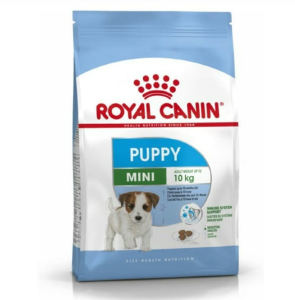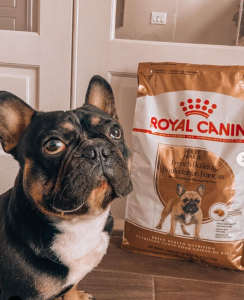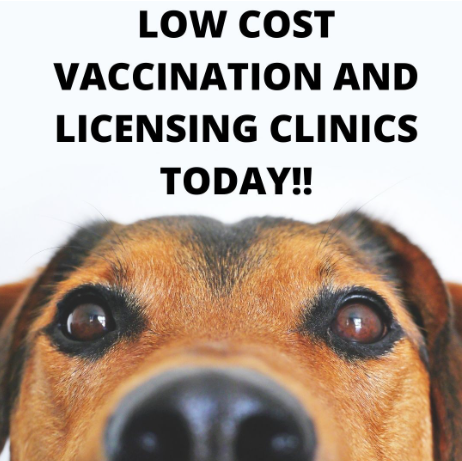Food for Dogs With Food Allergies
Food allergies are a widespread issue in dogs that impact roughly 10% of the population. Dogs can get allergic to various things in their environment, including food, just like people can! Our Tamtampetcare recommends the best dog diets in this post for dogs with dietary intolerances or allergies. Regardless of whether your dog has nutritional allergies, feeding them hypoallergenic dog food can significantly impact their health. However, why?
I genuinely want to assist you in understanding the genuine concerns, so here are some ideas for the best hypoallergenic dog food out there, some of which are produced internationally. You should know these things that no one else will share to maintain your dog’s health.
What dog foods are considered hypoallergenic?
Hypoallergenic dog food is designed to lessen or eliminate the signs of dietary intolerances and allergies in dogs. Furthermore, a response of the immune system to a specific protein in food is known as a food allergy. A dog’s immune system generates antibodies to combat the perceived threat when the dog consumes food containing the allergen.
The annoying and uncomfortable symptoms that our dogs may encounter daily can be significantly reduced with a hypoallergenic diet. If your dog has an allergy, the most straightforward approach to diagnose it is to undertake a food elimination trial because a particular type of protein typically causes allergies. To find the ingredient affecting your dog’s health and welfare, use this procedure to test several diets and eliminate common allergens. Starting the process can be challenging because most dry dog diets contain a range of meats. Your neighborhood vet can point you on the correct route if you are unclear where to begin. After discussing your dog’s diet and symptoms, ask your veterinarian for suggestions on items to try in an elimination diet.
The diet elimination trial should be conducted over two months after you have received advice from an industry professional. Even while some breeds might require a prolonged diet, you should test the diagnosis by returning your dog to its prior diet if you detect a discernible improvement. If your dog exhibits the same symptoms again, an allergy may be causing them discomfort.
Your dog might be allergic to something unrelated to food allergies if no changes are noticed during this trial time. Regardless of the situation, it would help if you talked to your veterinarian about the results to decide your dog’s best course of action.
Healthiest foods for an allergic dog
Dogs with food allergies can safely eat a variety of foods. It is advisable to consult your veterinarian before making any significant dietary adjustments for your dog. The following are a few of the finest foods for dogs with dietary allergies:
Health Made Easy (Food with Few Ingredients)
With just one source of Protein and easily digestible carbs, the Wellness Simple range of dry dog chow keeps things basic. Numerous taste selections are available, and their cuisine is free of additives and fillers.
Dietary Supplements for Royal Canin (Hypoallergenic Food) Hydrolyzed Protein
Vet Diets for Royal Canin Dogs who experience allergic responses to specific foods may find solace in Hydrolyzed Protein Kibble, as most of its Protein comes from hydrolyzed soy protein. They have a few options depending on your dog’s size and dietary requirements. A prescription from your veterinarian is needed for this meal.
Purina Pro Plan (Hypoallergic Food) Veterinary Diets
Another hypoallergenic meal your veterinarian may recommend is Purina Pro Plan Veterinary Diet. It is made with hydrolyzed protein and is available in several types according to the size and requirements of your dog.
Delicious Food with Few Ingredients( Nom Nom Fresh)
Nom Nom is a subscription service whereby they sell freshly prepared dog chow that is portioned and manufactured to request. Preservatives, artificial flavors, or chemicals are absent from their meals. A selection of tastes is available to meet your dog’s specific requirements. Many dogs with food sensitivities can safely eat the essential, high-quality foods they utilize.
Reduced symptoms of food allergies, such as the following, can be achieved with hypoallergenic dog food:
Dogs that are allergic to certain foods may experience extreme itching and scratching. Because they limit exposure to allergens, hypoallergenic dog diets can help minimize itching and scratching.
Symptoms of skin irritation: Redness, swelling, and hot patches are some signs of food allergies. Reduced exposure to allergens is one way that hypoallergenic dog food might help to lessen skin discomfort.
Another cause of ear infections is food allergies. Because they limit exposure to allergens, hypoallergenic dog diets can help prevent ear infections.
Food allergies may result in vomiting and diarrhea. As a result of less exposure to allergens, hypoallergenic dog food can help prevent vomiting and diarrhea.
Speak with your veterinarian if you suspect your dog may have a food allergy. In addition to helping you create a treatment plan that can involve giving your dog hypoallergenic dog food, they can assist you in diagnosing the allergy.





